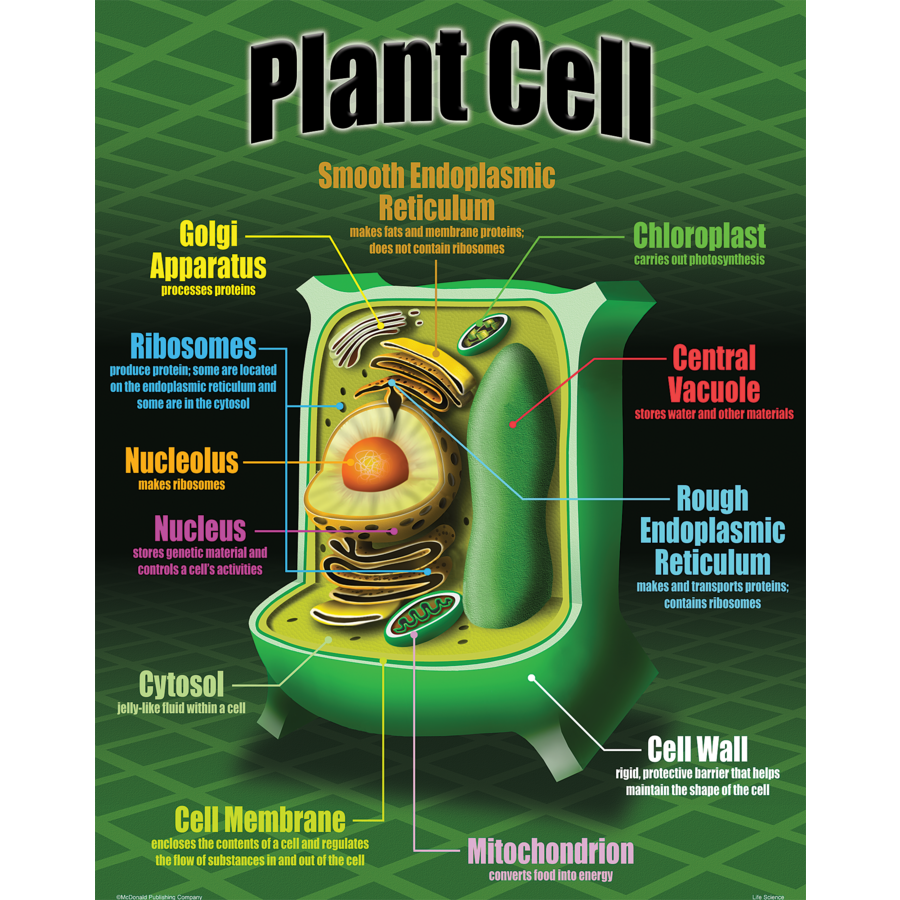

“Soil ecosystems are being destroyed at an alarming rate through agriculture, development and other industry, but the wider impacts of disruption of soil communities are poorly understood.

Professor Katie Field, Professor of Plant-Soil Processes at the University of Sheffield and co-author of the study, said: “Mycorrhizal fungi represent a blind spot in carbon modelling, conservation, and restoration - the numbers we’ve uncovered are jaw-dropping, and when we’re thinking about solutions for climate we should also be thinking about what we can harness that exists already. At the current rate, the UN warns that 90 per cent of soils could be degraded by 2050, which could be catastrophic for not only curbing climate change and rising temperatures, but for the productivity of crops and plants too. Researchers are now calling for fungi to be considered in biodiversity and conservation policies, given its crucial role in cutting carbon emissions. The amount of carbon stored equates to roughly 36 per cent of yearly global fossil fuel emissions - more than China emits each year. Their findings, published in Current Biology, revealed that an estimated 13.12 gigatons of CO2 is transferred from plants to the fungi annually, transforming the soil beneath our feet to a massive carbon pool and the most effective carbon capture storage unit in the world. The international team of scientists, including experts from the University of Sheffield’s School of Biosciences, conducted a meta-analysis of hundreds of studies looking at plant-soil processes to understand how much carbon is being stored by the fungi on a global scale. Mycorrhizal fungi have been supporting life on land for at least 450 million years and make up vast underground networks all around us - even forming beneath roads, gardens, and houses, on every continent on Earth.

Work is now being undertaken to see whether we could increase how much carbon the soil underneath us can store. The discovery by a team of scientists, including researchers from the University of Sheffield, that fungi is storing over a third of the carbon created from fossil fuel emissions each year indicates that it could be crucial as nations seek to tackle climate change and reach net zero. It is widely believed that mycorrhizal fungi could store carbon, as the fungi forms symbiotic relationships with almost all land plants and transports carbon, converted into sugars and fats by the plant, into soil, but until now the true extent of just how much carbon the fungi were storing wasn’t known. The vast underground network of fungi beneath our feet stores over 13 gigatons of carbon around the world, roughly equivalent to 36 per cent of yearly global fossil fuel emissions, according to new research. Researchers are now calling for fungi to be considered more heavily in conservation and biodiversity policies, and are investigating whether we can increase how much carbon the soil underneath us can hold

It is not only crucial to storing carbon and keeping the planet cooler, but are also essential to global biodiversity The fungi make up a vast underground network all over the planet underneath grasslands and forests, as well as roads, gardens, and houses on every continent on Earth Mycorrhizal fungi are responsible for holding up to 36 per cent of yearly global fossil fuel emissions below ground - more than China emits each year


 0 kommentar(er)
0 kommentar(er)
